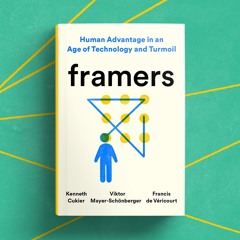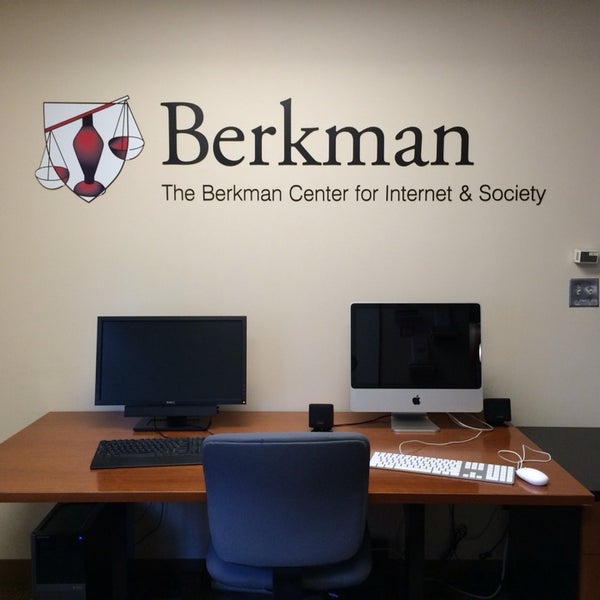


In 2014, Berkman Klein Center announced that it would "spin off its most effective initiatives and cease operation as a stand-alone project within the Berkman Klein Center." Internet and Democracy Project Edit
Berkman klein center internet series#
Members of the center teach, write books, scientific articles, weblogs with RSS 2.0 feeds (for which the Center holds the specification ), and podcasts (of which the first series took place at the Berkman Klein Center). The Berkman Klein Center sponsors Internet-related events and conferences, and hosts numerous visiting lecturers and research fellows. It seeks to use the lessons drawn from this research to inform the design of Internet-related law and pioneer the development of the Internet itself. The Berkman Klein Center seeks to understand how the development of Internet-related technologies is inspired by the social context in which they are embedded and how the use of those technologies affects society in turn. In 1998, the center changed its name to the "Berkman Center for Internet & Society at Harvard Law School." Since then, it has grown from a small project within Harvard Law School to a major interdisciplinary center at Harvard University. In 1997, the Berkman family underwrote the center, and Lawrence Lessig joined as the first Berkman professor. Professor Arthur Miller and students David Marglin and Tom Smuts also worked on that seminar and related discussions. This built on previous work including a 1994 seminar they held on legal issues involving the early Internet.

The center was founded in 1996 as the "Center on Law and Technology" by Jonathan Zittrain and Professor Charles Nesson.


 0 kommentar(er)
0 kommentar(er)
